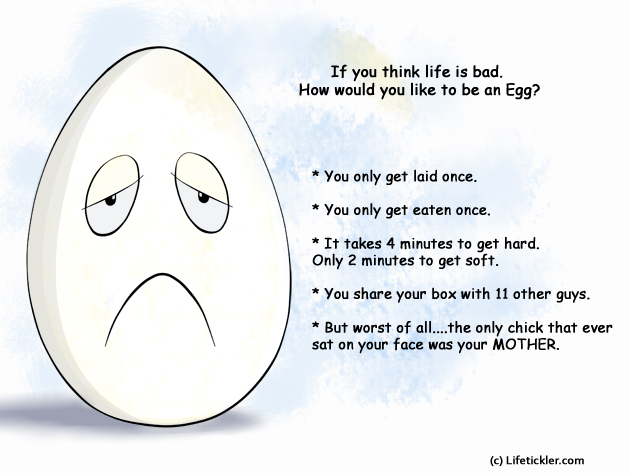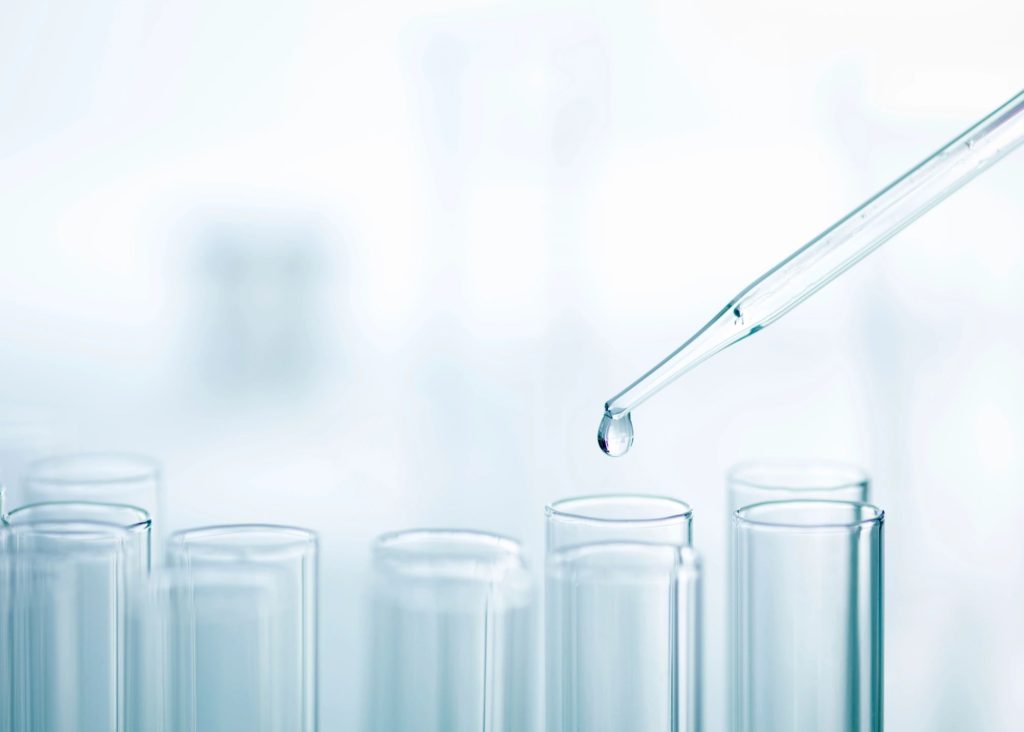When you hear the word ‘cholesterol’, what is the first thing that comes to your mind? It would probably be coronary heart disease or bad health. Believe it or not, this is just one of the common health misconceptions that seemingly steer our lives in the wrong direction. Misconceptions and misinformation tend to hold us in the dark rather than illuminate the way to the truth.
Truth be known, cholesterol is not all bad. To change this way of thinking, we must first gather solid facts.
Cholesterol is formed naturally inside the body, predominantly by our liver. It is found in other animals too. It is a kind of fat (a waxy organic compound) that serves very important purposes in maintaining the normal functioning of the body. There is cholesterol in each cell’s outer layer and is transported via the blood plasma.
Functions of Cholesterol
There are many functions performed by cholesterol; and a few of them are listed below:
- for building and maintaining outer layer of cell membranes
- for determining what molecules can and cannot pass into a cell
- for producing sex hormones, adrenal hormones (like corticosterone, cortisol, etc.)
- for the conversion of sunshine into vitamin D
- for insulating nerve fibers
- for metabolizing fat soluble vitamins (A, D, K, E)
Source: High Cholesterol – Overview
It is true that cholesterol can also be found in some foods we eat. Next to beef, veal, pork and lamb, the egg is considered to be a kind of food rich in cholesterol. For every 100 milligrams edible portion of the egg there are 2335 milligrams of cholesterol. This is the reason why back in the 1970’s when cardiovascular disease awareness was on the rise, many people assumed they needed to steer clear from eggs and other cholesterol-laden foods to prevent LDL cholesterol increase.
Since then, we have been avoiding eggs due to our fear of coronary heart diseases. Some people who cannot really leave eggs behind due to its protein content simply take away the yolk and feast on the egg whites instead. Egg yolk is where the cholesterol contents are mostly found. But then again, have you ever wondered if this long-observed practice is actually helpful or not? Have you not considered this to perhaps be one of those food misconceptions and health myths that made us miss the better part of life?
EGGS-tracting the Truth
After a recent study published in The Journal Of Nutrition, Dr. Robert Nicolosi of the University of Massachusetts said, “Our data shows that eating an egg a day is not a factor for raising cholesterol.”
So many things have changed from the 1970s up to present times. Technology has allowed experts and scientists to perform studies to reveal the truth behind high cholesterol, eggs, and coronary heart ailments. These studies show that dietary cholesterol has an insignificant effect on the blood lipids of healthy people.
Dietary Cholesterol
Dietary and blood cholesterols are two different things. Blood cholesterol is one that our liver produces. Dietary cholesterol, on the other hand, is acquired through foods we eat. Foods gathered from animal sources are said to contain dietary cholesterol. It has only a minor effect on the total of blood cholesterol inside your body. Another dietary factor or component, saturated fat, actually has a greater impact on the blood cholesterol levels then that contributed by dietary cholesterol. Eggs contain unsaturated fats and could, therefore, supply the body with good cholesterol. Intake of dietary cholesterol will result to increased HDL cholesterol. Thus, the ratio of bad cholesterol to good cholesterol has essentially not changed.
Consuming eggs, which contain dietary cholesterol, is not at all harmful. Actually, it can even help increase good cholesterol levels. You should not be wary of eating eggs, especially during breakfast. If this is not enough to convince you that eggs are not a dietary malevolence, perhaps discovering all the numerous goodness packed inside the small oblong shell will convince you that it is anything but that.

EGGS-hilarating Moment Of Humor
Q. How did the eggs leave the highway?
A. They went through the “Eggs-it”.
Q. What happened to the egg when he was tickled too much?
A. He cracked up.
Q. Why couldn’t the eggs go out on a hot summer day?
A. They were afraid they would fry!
Beneficial Contents Within The Shell
There are so many nutrients that a piece of an egg can give you (so feel sorry for yourself in case you remembered you just turned your back from eggs due to a misconception). It has protein, carbohydrates, monounsaturated fats, polyunsaturated fats, choline, riboflavin, folate, vitamin B12, vitamin B6, vitamin D, vitamin A, vitamin E, thiamin, selenium, phosphorus, iron, zinc, calcium, sodium, potassium and magnesium. Eating one egg is like popping one dietary supplement pill in your mouth only better because it is a natural source of more significant nutrients.
Yolks contain more than 90% of the calcium, iron, phosphorus, zinc, thiamin, B6, folate, and B12, and panthothenic acid of the egg. In addition, the yolks contain ALL of the fat soluble vitamins A, D, E, and K in the egg as well as ALL of the essential fatty acids (EFAs).
Throwing away the yolk is certainly not a good practice. When you throw it away, you deprive yourself of many amazing nutrients.
Eye (even Waist) Benefits
The yolk is where most of the nutrients are concentrated. It contains zeaxanthin and lutein, which are cousins of beta carotene. They all help you maintain good eyesight and are also relevant in decreasing risks from age-associated degeneration of the macula in the eyes. These carotenoids can be obtained from vegetables like spinach too. Furthermore, according to the Journal Of Nutrition, in a study conducted in 2006, women consuming six eggs a week for a duration of 12 weeks have acquired more macular pigment. This pigment can protect the retina from damages caused by light effects.
Eggs, in truth, contain more calories, but those are dense with micro nutrients. This helps increase the total nutrient density per amount of calorie you eat. As a result of eating eggs, your appetite will be regulated for the rest of the day. This means that eggs can produce a feeling of being satiated or being full. From another study in 2005, Journal of the American College of Nutrition, it was reported that overweight women who ate two eggs for their breakfast actually felt fuller after the meal. They also consumed considerably fewer calories during lunch compared to others who ate bagels for the day’s first-ever meal. The healthy fats contained in egg yolks are also helpful in maintaining adequate amounts of fat-burning hormones inside your body.
Choline is an essential nutrient for the development of a baby’s brain while inside the womb. Moreover, through research and studies, eggs have also been found to possess antioxidants, immunity-boosting, anti-hypertension and anti-cancer properties.
You need to realize and remember that the egg is one of those good and powerful foods. If anything, it is the other stuff you eat along with eggs, like sausages, bacon, and cheese, that puts you at risk for heart diseases. Be mindful also of how you cook or prepare eggs. Avoid frying them in lots of oil or butter if you do not want to eventually end up in the hospital for uncontrollable high cholesterol.
Remember, that anything we consume or do should be in moderation. The number of eggs you can typically eat has no specifically indicated limit but total cholesterol should be limited to 300 milligrams only and 200 milligrams for people with high cholesterol, heart disease, and other coronary ailments. This means you can eat one egg a day and still safely eat other foods that contain cholesterol.


